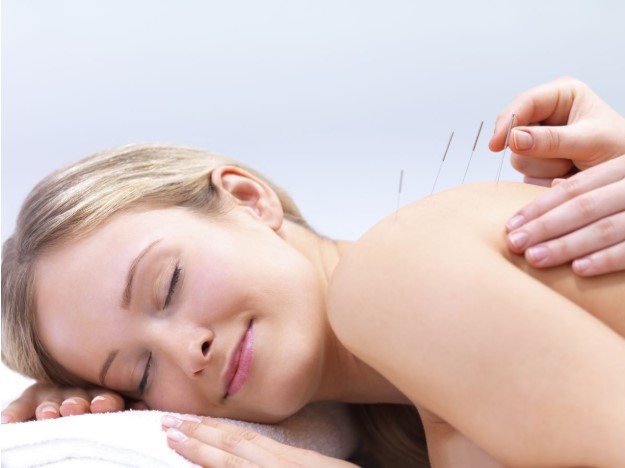Pain is an unwelcome visitor in many lives. From stiff shoulders after long hours at the desk to chronic back discomfort, managing everyday pain can be exhausting. Modern medicine offers solutions, but alternatives like acupuncture are gaining attention. This ancient practice has been used for thousands of years and offers a holistic way to address discomfort, helping people move through their daily lives with more ease and comfort.
Acupuncture Explained And Its Role In Pain Management
Acupuncture is a traditional Chinese therapy that involves inserting thin needles into specific points on the body. These points are believed to stimulate energy flow, or qi, and release natural pain-relieving chemicals. Many people find that acupuncture reduces tension in muscles and joints, offering relief without heavy reliance on medication. Its role in pain management is increasingly recognized in both clinical settings and everyday life, making it a viable option for those seeking non-invasive methods of comfort.
Neck And Back Pain Relief With Acupuncture
Chronic neck and back pain can disrupt daily routines, affecting sleep, focus, and mobility. Acupuncture targets specific areas to reduce inflammation and improve circulation. Patients often report less stiffness and improved range of motion after sessions. For many, regular acupuncture treatments create a noticeable reduction in discomfort, allowing them to carry out their daily activities without constant strain. Acupuncture in these cases not only addresses pain but also promotes long-term spinal health.
Acupuncture For Migraine And Headache Reduction
Migraines and tension headaches are common and can severely impact productivity. Acupuncture offers a natural alternative to daily medication. By stimulating specific points on the head, neck, and hands, acupuncture can lessen the frequency and intensity of headaches. Many users describe a calming effect that reduces both pain and stress. Incorporating acupuncture into a wellness routine provides a sustainable way to manage headaches without overloading the body with drugs.
Joint And Arthritis Pain Eased Through Acupuncture
Arthritis and joint discomfort often limit mobility and daily function. Acupuncture targets the underlying tension and promotes circulation in affected areas. Studies have shown that it can reduce swelling and increase joint flexibility. People undergoing regular sessions find that simple tasks, like walking or climbing stairs, become less painful. Acupuncture works alongside lifestyle changes, offering a complementary approach to managing joint pain naturally and effectively.
Muscle Soreness And Recovery Enhanced With Acupuncture
For those leading active lifestyles, muscle soreness is inevitable. Acupuncture helps relax tight muscles and encourages faster recovery. Athletes and fitness enthusiasts use it to maintain performance and reduce downtime. Beyond physical recovery, acupuncture can calm the nervous system, helping the body handle stress and fatigue better. This dual benefit makes it a valuable tool for anyone looking to maintain an active, pain-free life.
Improved Sleep And Stress Relief Through Acupuncture
Pain often disrupts sleep and amplifies stress. Acupuncture helps address both by balancing the body’s energy and triggering relaxation responses. Users often notice improved sleep quality and a calmer mind after treatment. Better rest and reduced stress create a positive cycle that minimizes pain perception and boosts overall wellness. Regular sessions integrate seamlessly into daily life, offering a gentle yet effective way to maintain comfort and mental clarity.
Conclusion
Acupuncture provides more than temporary relief—it supports overall well-being. By addressing pain at its source, it helps manage neck and back discomfort, headaches, joint stiffness, and muscle soreness. Its holistic approach also improves sleep and reduces stress, enhancing everyday life. For those seeking a natural and non-invasive way to manage pain, acupuncture offers a proven path to comfort and balance.

